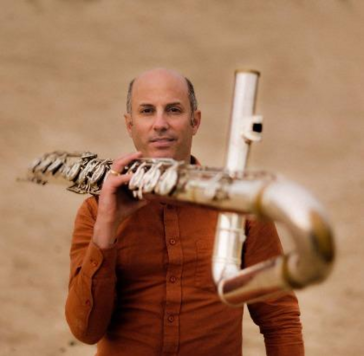In juni 2019 heeft de Vereniging Hogescholen (VH) de standaard voor masteropleidingen in het hbo geactualiseerd. Het hoger beroepsonderwijs beschikt hiermee over een up-to-date, gemeenschappelijk document, dat de kern van masteropleidingen binnen een hogeschool schetst.

Publicatie naar aanleiding van de internationale Master Class van Stadslab European Urban Design Laboratory. Onderwerp was het ontwikkelen van een regionale ruimtelijke strategie voor deze Poolse universiteitsstad. In de publicatie, naast de resultaten van de Master Class, ook essays van Ruud Vreeman, Ewa Kipta en Didier Rebois.

Energy transition is key to achieving a sustainable future. In this transition, an often neglected pillar is raising awareness and educating youth on the benefits, complexities, and urgency of renewable energy supply and energy efficiency. The Master Energy for Society, and particularly the course “Society in Transition”, aims at providing a first overview on the urgency and complexities of the energy transition. However, educating on the energy transition brings challenges: it is a complex topic to understand for students, especially when they have diverse backgrounds. In the last years we have seen a growing interest in the use of gamification approaches in higher institutions. While most practices have been related to digital gaming approaches, there is a new trend: escape rooms. The intended output and proposed innovation is therefore the development and application of an escape room on energy transition to increase knowledge and raise motivation among our students by addressing both hard and soft skills in an innovative and original way. This project is interdisciplinary, multi-disciplinary and transdisciplinary due to the complexity of the topic; it consists of three different stages, including evaluation, and requires the involvement of students and colleagues from the master program. We are confident that this proposed innovation can lead to an improvement, based on relevant literature and previous experiences in other institutions, and has the potential to be successfully implemented in other higher education institutions in The Netherlands.
Students in Higher Music Education (HME) are not facilitated to develop both their artistic and academic musical competences. Conservatoires (professional education, or ‘HBO’) traditionally foster the development of musical craftsmanship, while university musicology departments (academic education, or ‘WO’) promote broader perspectives on music’s place in society. All the while, music professionals are increasingly required to combine musical and scholarly knowledge. Indeed, musicianship is more than performance, and musicology more than reflection—a robust musical practice requires people who are versed in both domains. It’s time our education mirrors this blended profession. This proposal entails collaborative projects between a conservatory and a university in two cities where musical performance and musicology equally thrive: Amsterdam (Conservatory and University of Amsterdam) and Utrecht (HKU Utrechts Conservatorium and Utrecht University). Each project will pilot a joint program of study, combining existing modules with newly developed ones. The feasibility of joint degrees will be explored: a combined bachelor’s degree in Amsterdam; and a combined master’s degree in Utrecht. The full innovation process will be translated to a transferable infrastructural model. For 125 students it will fuse praxis-based musical knowledge and skills, practice-led research and academic training. Beyond this, the partners will also use the Comenius funds as a springboard for collaboration between the two cities to enrich their respective BA and MA programs. In the end, the programme will diversify the educational possibilities for students of music in the Netherlands, and thereby increase their professional opportunities in today’s job market.
